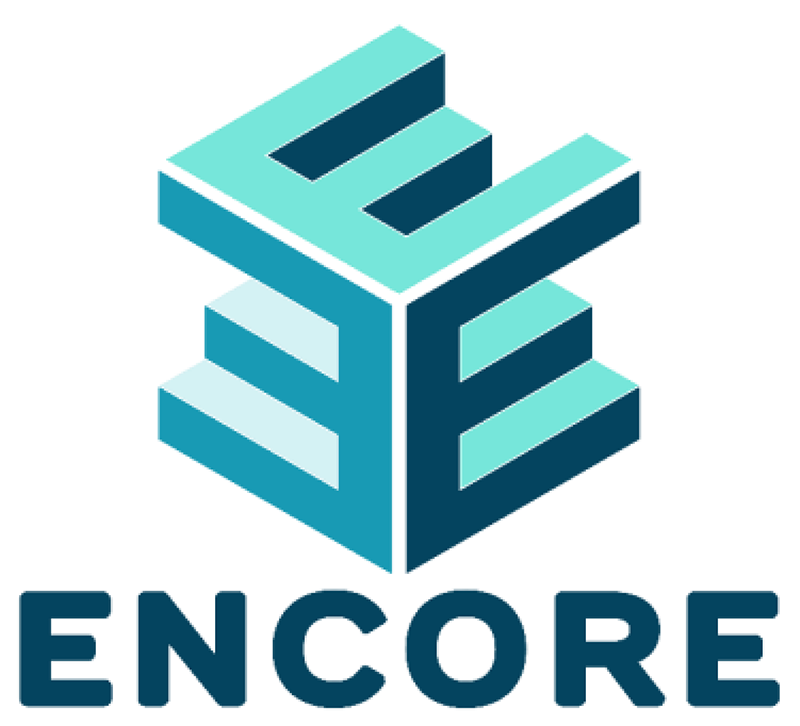AifiVerse Tech is a service-based software development company and Omnecal Transportation Pvt Ltd is a spinoff company of Aifiverse Tech Services, aimed at providing smart solutions for public transportation management in Nepal. This case report will be based on the challenges of Omnecal Transportation Pvt. Ltd.
The primary challenge faced by Omnecal Transportation Pvt. Ltd. stems from the inadequacies in Nepal’s traditional public transportation system, which suffers from issues like overcrowding and inefficiency. The company aims to revolutionize this sector by implementing technology-driven solutions such as GPS systems, digital payments, and a mobile app. These solutions are designed to address problems like route optimization, fare collection transparency, and real-time information dissemination to passengers, ultimately enhancing the public transportation experience in Nepal.
The proposed solution includes the development and implementation of a smart public transportation management system, leveraging GPS tracking for route optimization, a digital card payment system for financial transparency, and a mobile app providing real-time vehicle information to passengers. These innovations aim to make public transportation in Nepal more efficient, convenient, and affordable, addressing the key challenges of the existing system.
Alpine Crystals Pvt Ltd specializes in selling raw and refined natural crystals. Alpine Crystals aims to educate the Nepalese people about the importance and benefits of gemstones and crystals, particularly those sourced from the Himalayas. They offer a variety of crystal products, including raw crystals and crystal clusters, with a focus on quartz from the Ganesh Himal and Makalu ranges.
The company faces several challenges, primarily in marketing, sourcing high-quality crystals, and the complexities of exporting fragile crystal products. The marketing challenge includes difficulties in reaching new customers and increasing brand awareness. Sourcing challenges arise from the high-altitude locations of crystal mines, which are difficult to access and result in higher costs. Additionally, the fragility of crystals poses significant challenges during transportation, impacting customer satisfaction and financial stability.
To address these challenges, specific solutions were proposed. 1) diversifying their sourcing by exploring partnerships with suppliers who have access to high-quality crystals; 2) Investing in digital marketing strategies, including collaborations with influencers and pop-up shops at crowded events; 3) Mitigating the risks associated with transporting fragile products by investing in high-quality packaging materials.
Offering Happiness is a Nepalese startup founded in 2017 by four college friends. The company specializes in creating unforgettable memories through unique gift experiences, focusing on experiential gifting, surprise planning, and corporate gifting. It has achieved significant milestones, including winning awards and being featured in a National Geographic documentary, positioning it as a major player in Nepal’s startup ecosystem.
The company faces several challenges. The primary challenge is the lack of market readiness in Nepal for experiential gifting and surprise planning services, making it difficult to attract and retain customers. Additionally, Offering Happiness struggles with effective social media marketing and faces a significant cash flow problem, particularly due to its focus on catering primarily to corporate clients.
The proposed solutions to these challenges include educating the Nepali market about experiential gifting and surprise planning through targeted marketing strategies. They plan to diversify their offerings to cater to different customer segments and collaborate with social media influencers to improve brand awareness and customer outreach. Addressing the cash flow problem involves expanding their target market beyond Nepal and diversifying service offerings to include individual and group packages alongside corporate plans.
Pathao Nepal, founded in 2018, is a prominent transportation and delivery service provider in Nepal. It quickly gained popularity by offering high-quality services at affordable rates and became one of Nepal’s most trusted service providers. Pathao offers a range of services including ride-hailing, food delivery, and parcel delivery.
The company is currently grappling with the challenge of offline riding, where drivers conduct rides outside of the company’s digital platform, often to avoid paying commissions. This practice leads to revenue loss for Pathao and undermines the safety, reliability, and transparency of its services.
To counter this issue, the proposed solutions are incentivizing drivers to use the digital platform through higher earnings or rewards, and investing in improving the app’s user experience and driver support services. These measures aim to encourage drivers to stay within the digital system, enhancing Pathao’s operational efficiency and revenue. The feasibility of these solutions depends on factors like driver willingness and available resources, but if implemented effectively, they can significantly reduce offline riding and boost the company’s performance.
Tavisi Nepal, founded in June 2022, is a digital platform that integrates an e-commerce website and an online magazine. It aims to ease the lives of busy women in Nepal by making their shopping experience more convenient and trouble-free. Tavisi focuses on providing a wide range of products for women, from food to accessories, and emphasizes sustainable packaging.
The main challenge faced by Tavisi is the lack of brand awareness. The company has not yet been able to effectively reach its target audience, which limits its growth potential. This challenge is primarily within the realm of strategic management, requiring a well-planned and innovative approach.
To address this issue, the proposed solution is collaborating with influencers. This strategy is expected to increase awareness about Tavisi among the target audience, especially women in their 30s and 40s. The collaboration with influencers, who are admired and followed by this demographic, is anticipated to improve Tavisi’s market visibility and customer engagement. The feasibility of this solution is supported by a budget for influencer marketing and the identification of influencers whose audience aligns with Tavisi’s target market.
